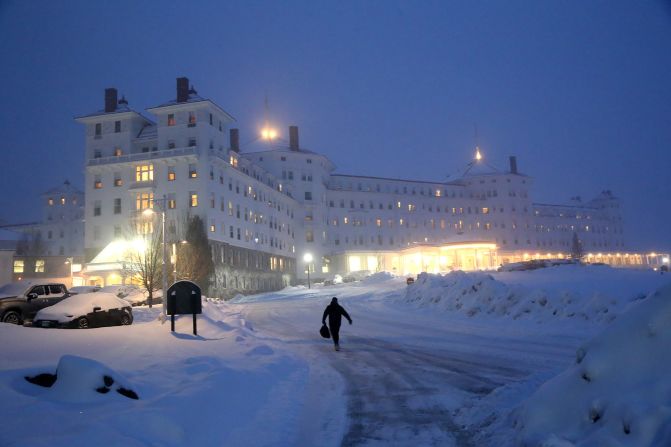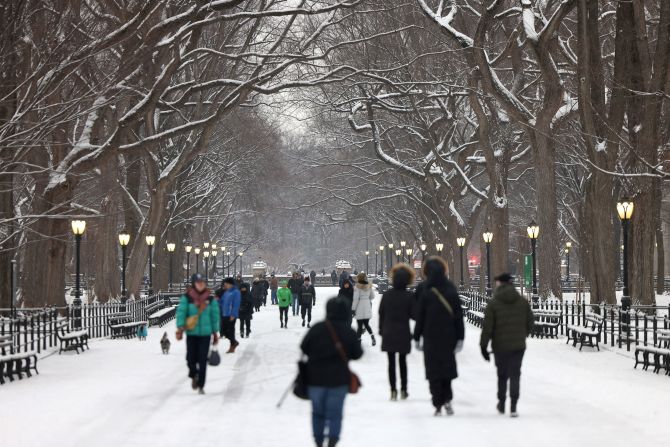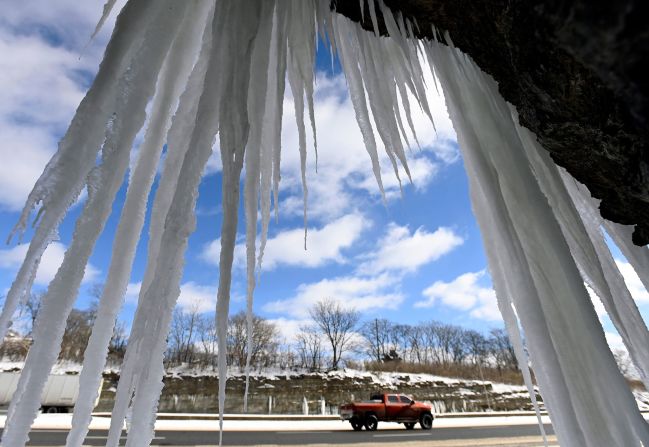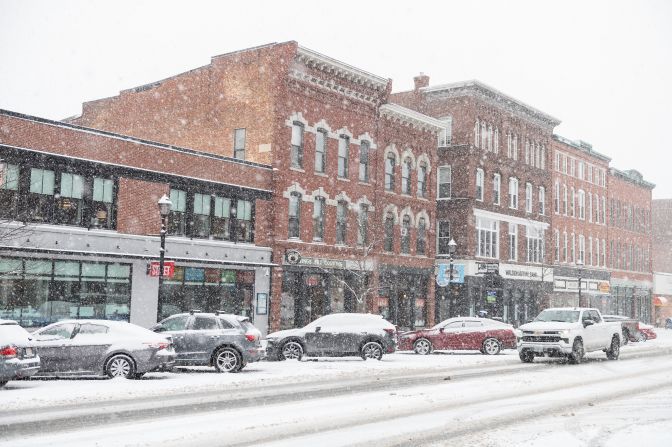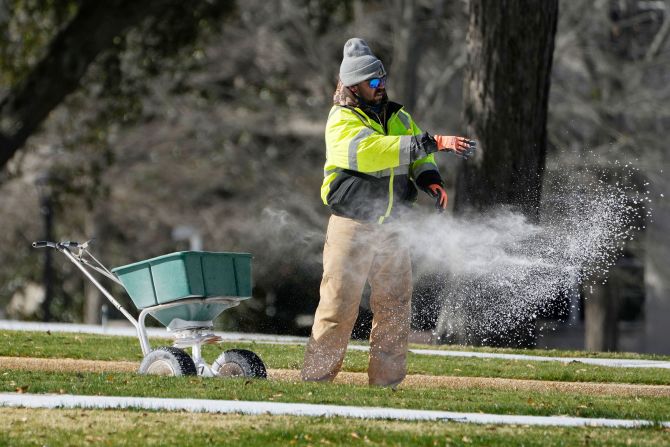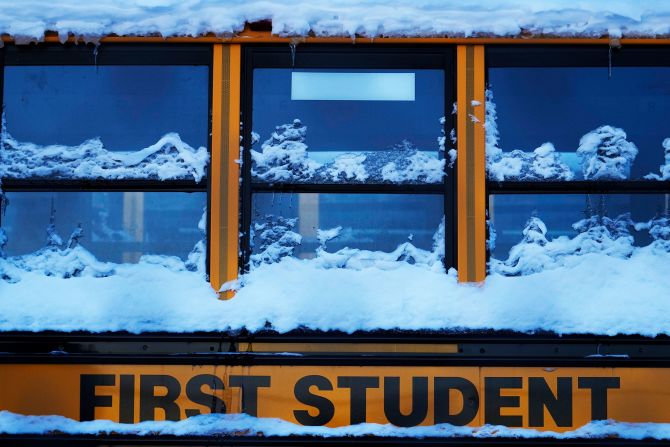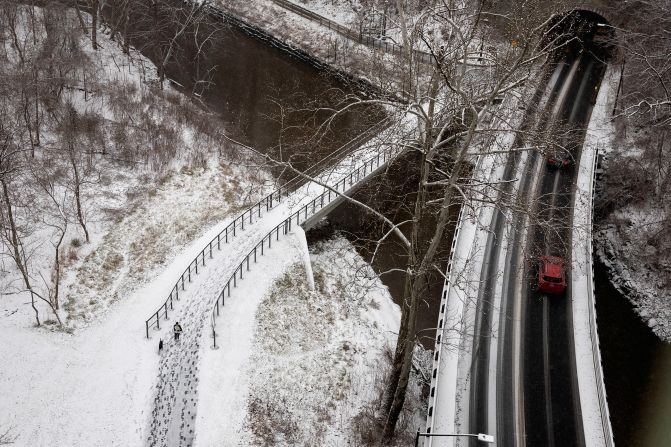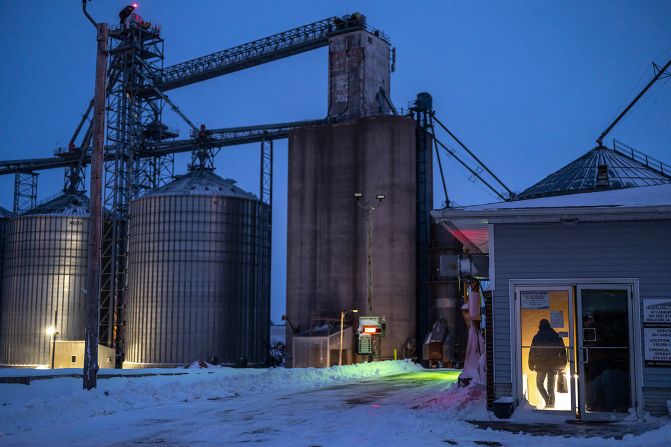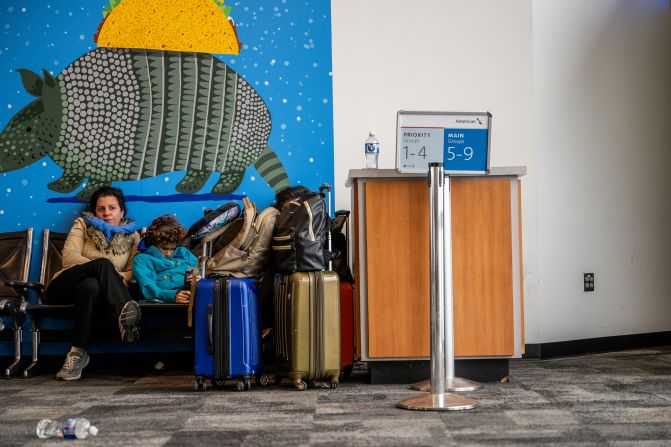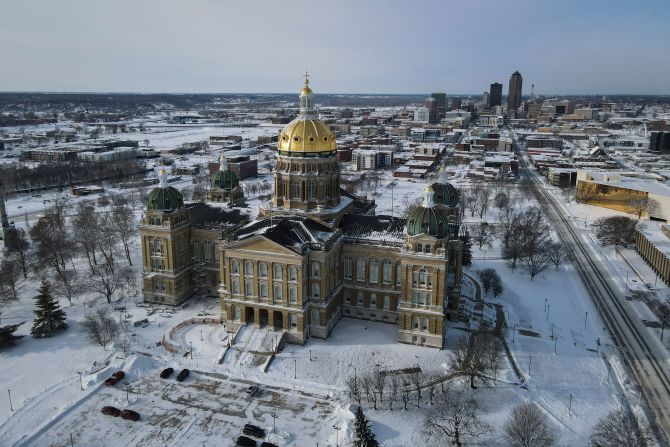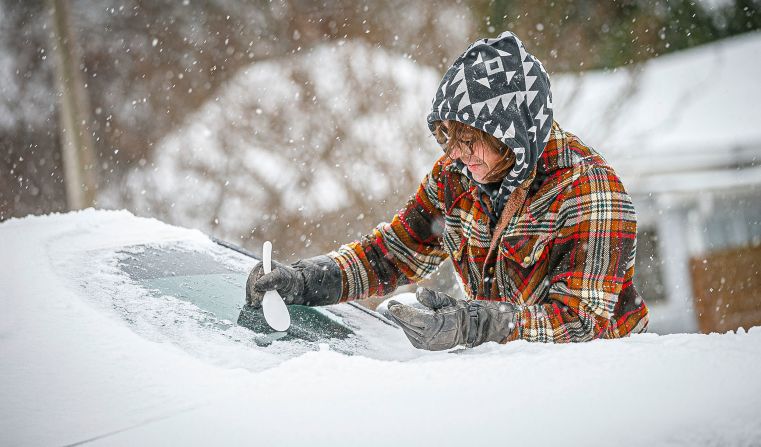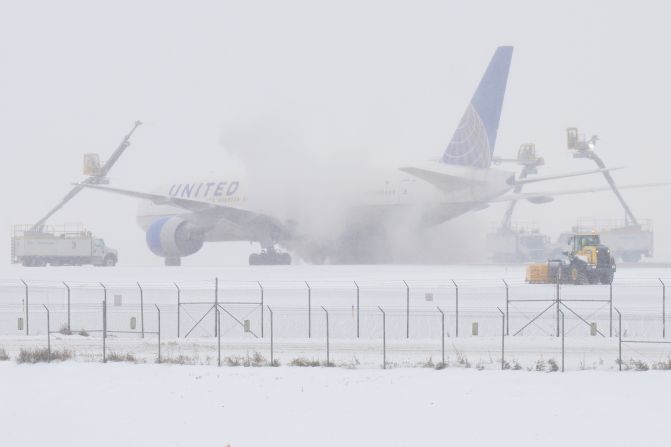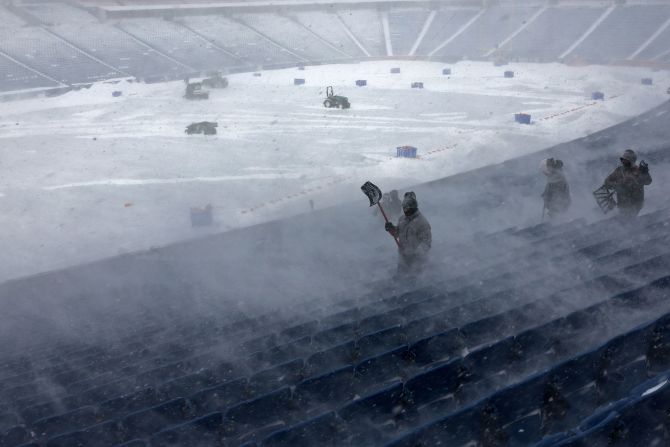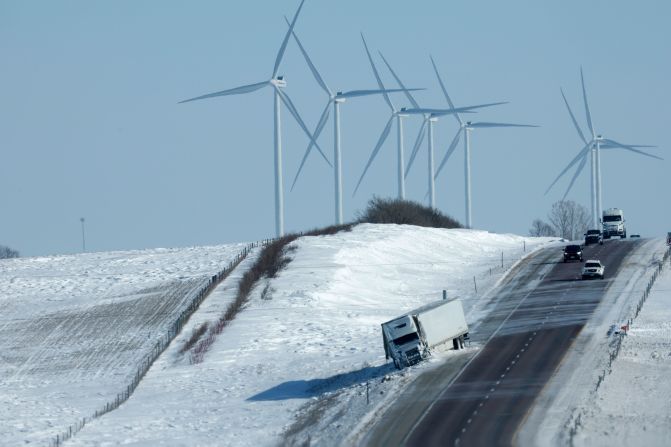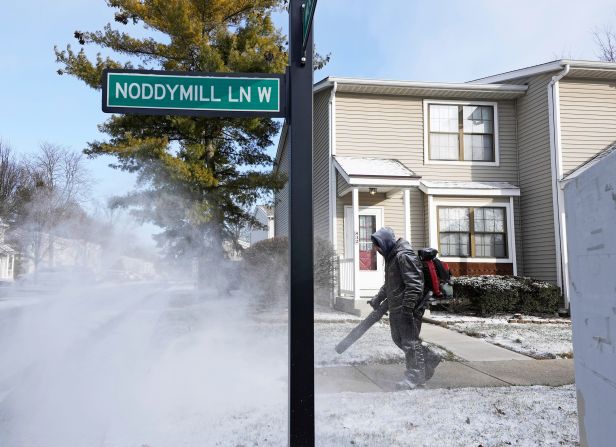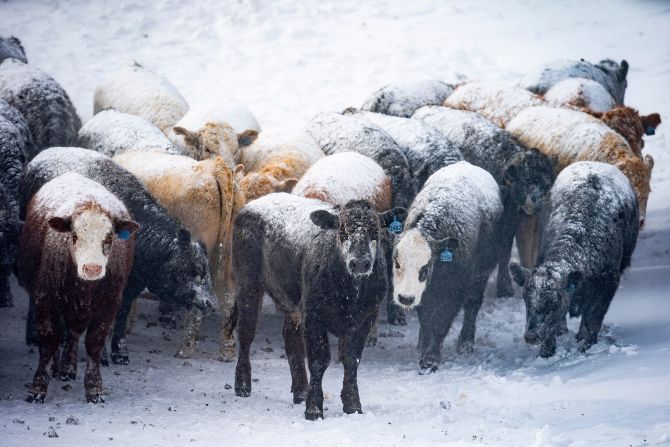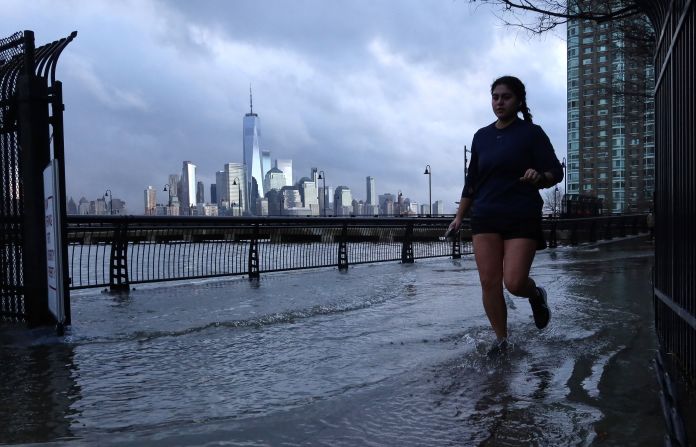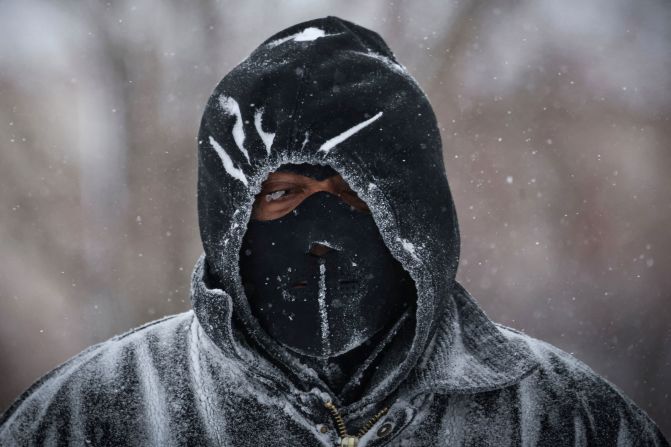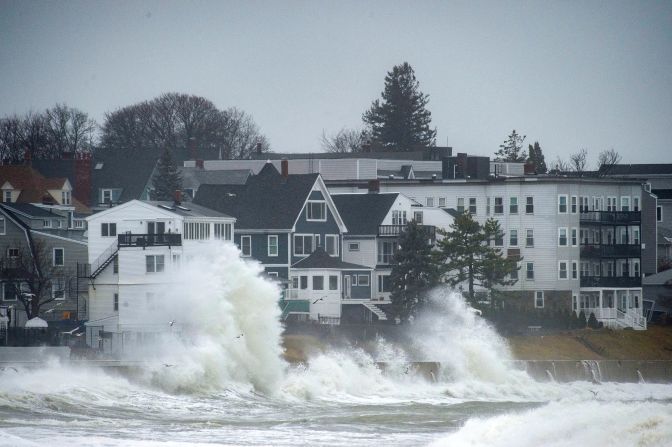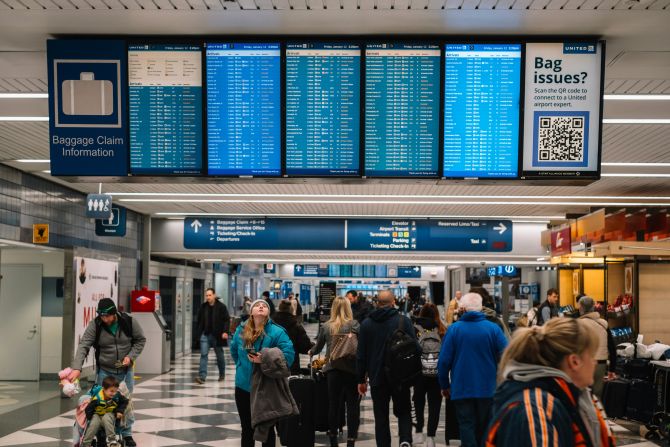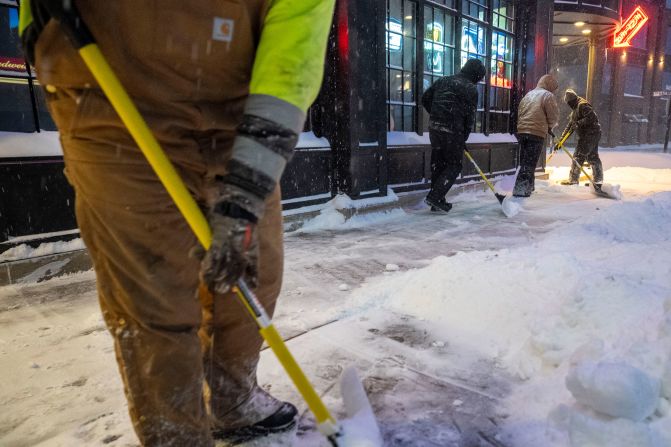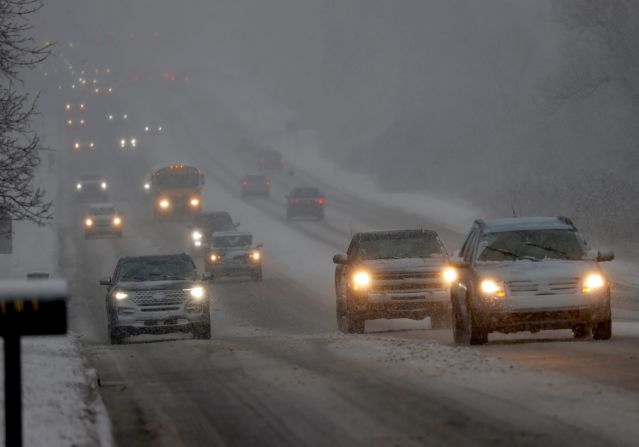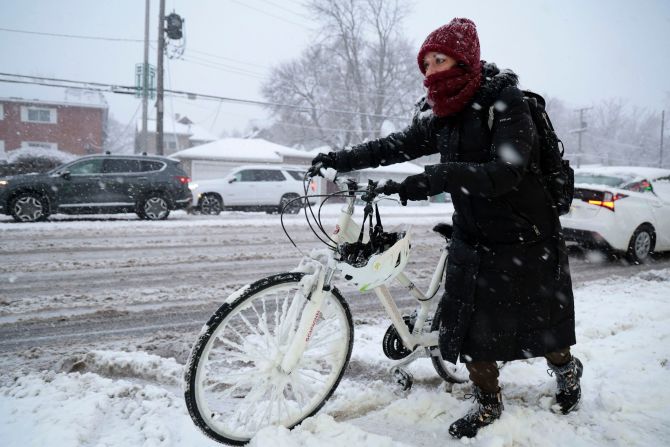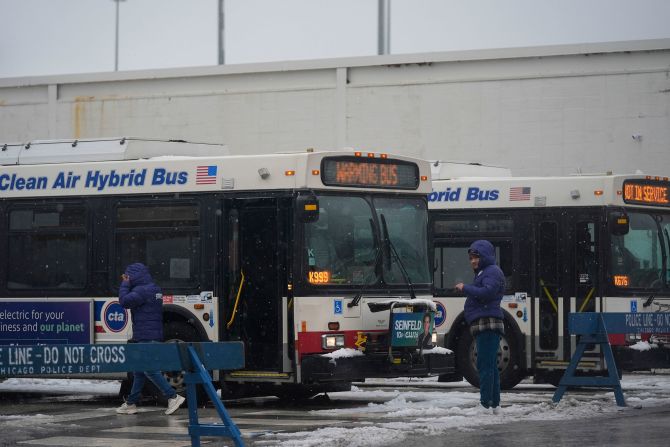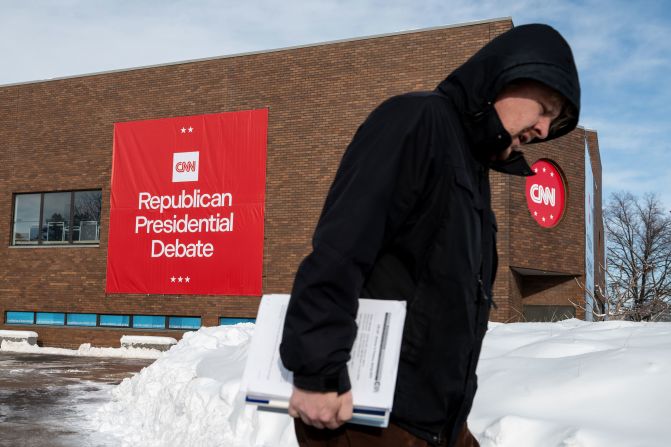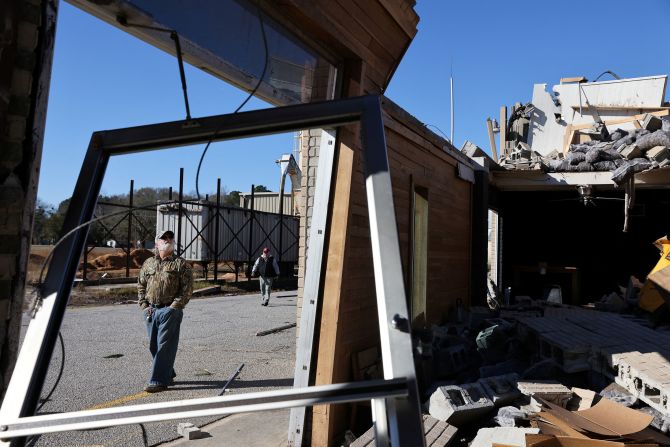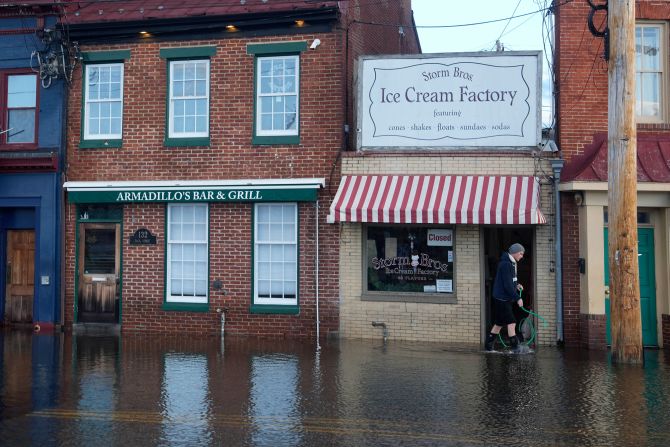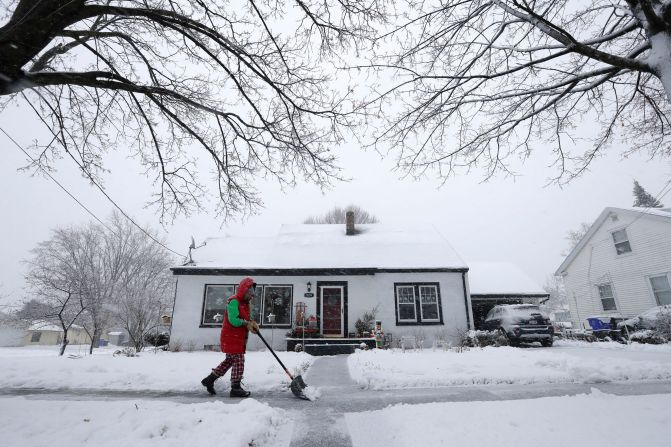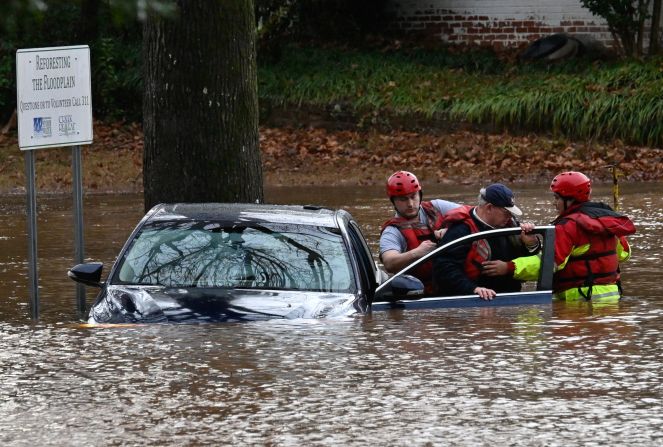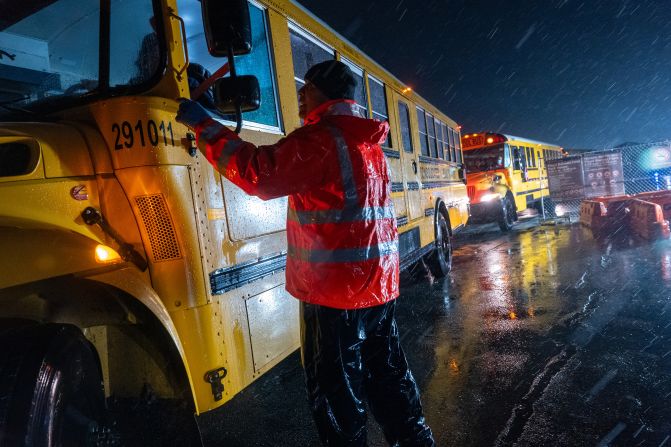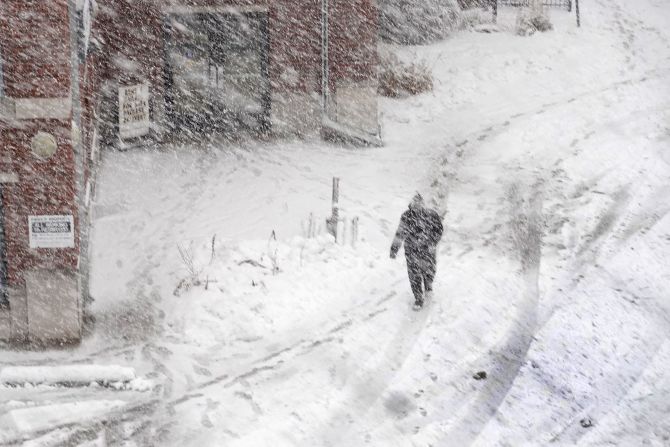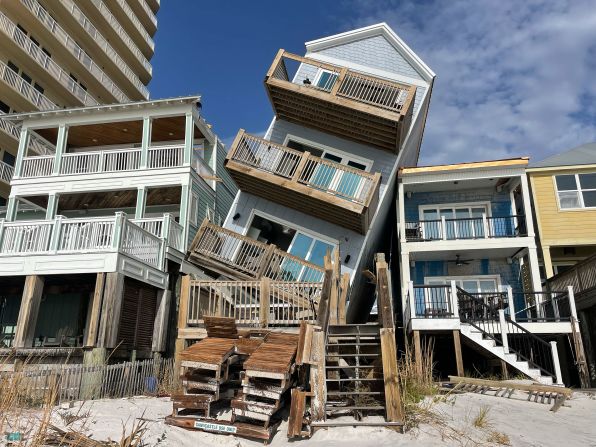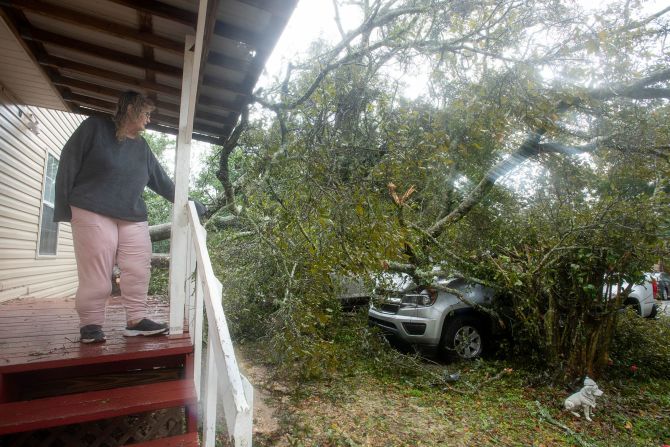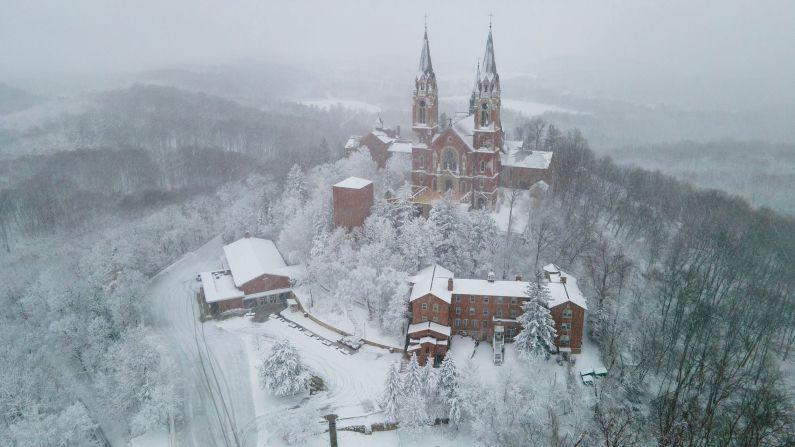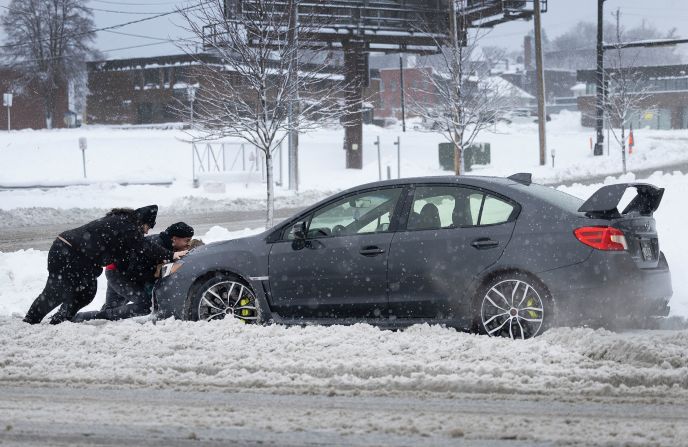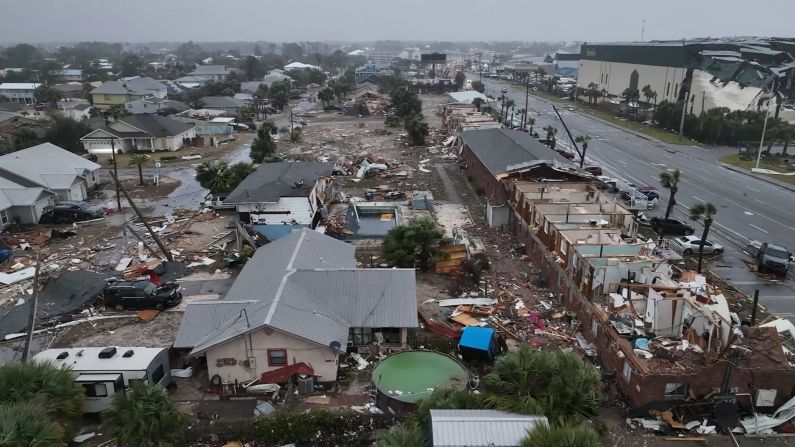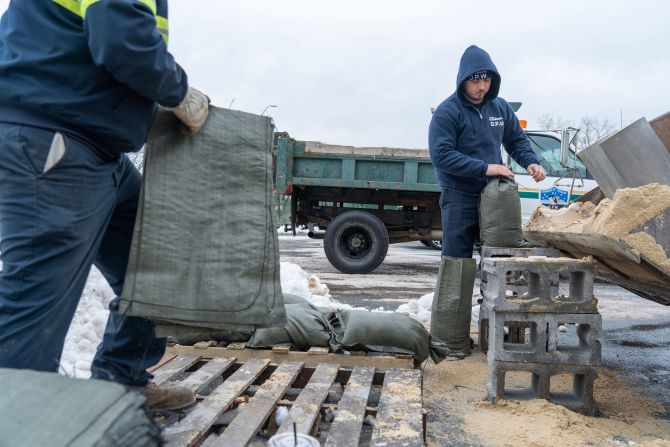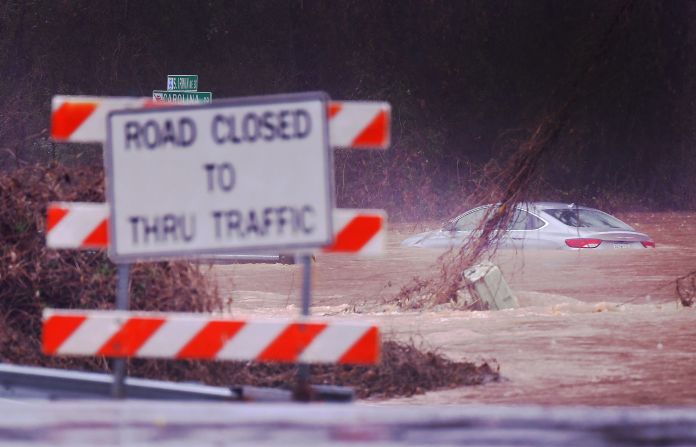Winter storms will hit both coasts before another brutal surge of cold air envelops the central and eastern United States by the weekend.
At least 55 people across 10 states have died since last week after the coldest air of winter and multiple storms brought snow and ice to much of the US.
Oregon has been particularly hard hit. Back-to-back ice storms brought down trees and power lines in the state since Saturday – now a third storm is impacting the area.
At least 10 people have died in the Portland, Oregon, area since Friday from the storms and cold.
Three people died in Portland on Wednesday after a tree branch took down a live power line that fell onto their vehicle. Portland fire officials said the live wire killed them after they exited their SUV.
“When the feet of the individuals touched the ground, and their bodies were touching the car, they became part of the active electrical circuit which resulted in their deaths,” Portland Fire said.
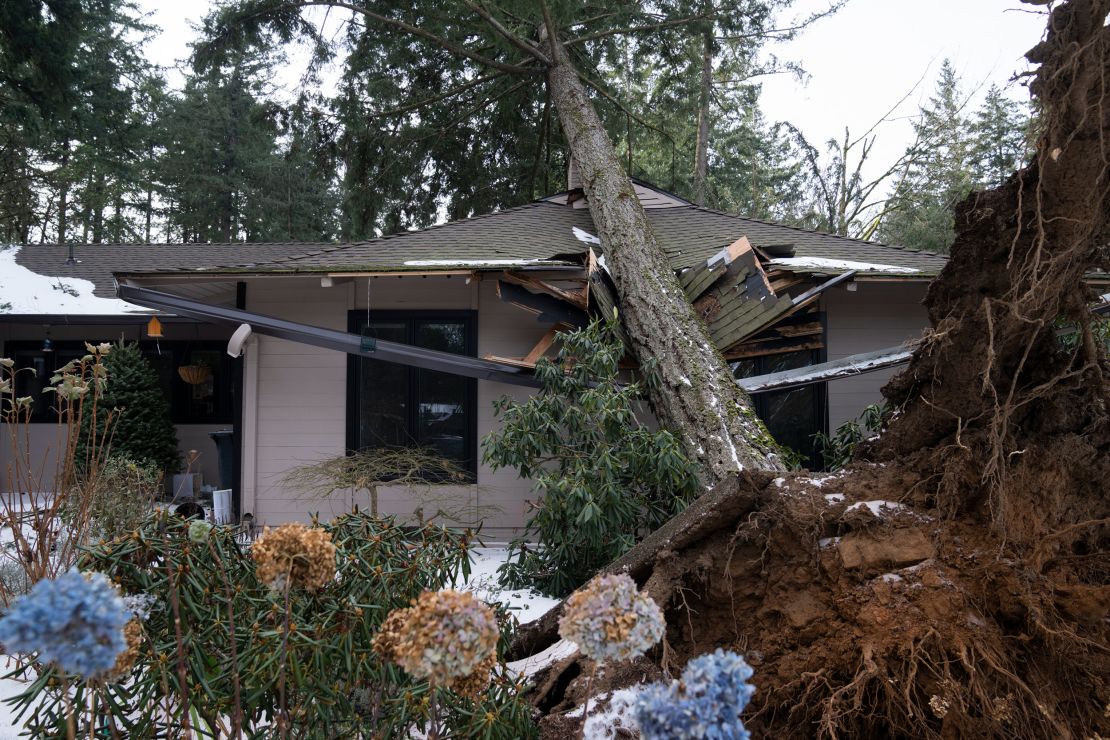
A good Samaritan rescued an unharmed baby from the street. The Samaritan “grabbed the baby off one of the adults lying in the street for the safety of the child,” Portland Fire said.
The ice storm responsible departed the Northwest late Wednesday, with the next storm quick on its heels Thursday morning. Freezing rain once again spread over the lower elevations in Washington and Oregon on Thursday with heavy snow in portions of the Cascades.
Ice will continue to build across the hard-hit Northwest as the freezing rain pounds the area into Friday. Additional ice may weigh down tree limbs, making them more prone to snapping, and damage power lines.
More than 45,000 homes and businesses in Washington and Oregon were without power Thursday because of the previous storms.
Another storm follows streak-busting snow
Another round of snow will overspread portions of the Midwest and East on Friday as two pieces of atmospheric energy – one of which can be traced back to Wednesday’s deadly ice storm in the Northwest – collide.
Snow will begin as early as Thursday night in Chicago, and by Friday morning, accumulating snow will stretch into the interior Northeast and central Appalachians.
Another round of sloppy wintry mix targeted the Mississippi Valley Thursday morning. Freezing rain made travel treacherous in parts of Arkansas and Mississippi, according to National Weather Service reports. Additional freezing rain, mixing with a little snow at times late Thursday, will make travel slick and hazardous across parts of the Tennessee Valley.
Cities in the mid-Atlantic and Northeast that just ended record-long snow droughts from an early week storm, including Washington, DC, New York and Philadelphia, will once again see light-to-moderate snow.
Around 1 to 3 inches of snow are likely from the Midwest to the East. But parts of the Appalachians and a few areas closer to the coast may see totals approach half a foot by the time snow ends Friday night.
Philadelphia could receive between 4 and 6 inches of snow Friday. Six inches of snow hasn’t fallen in a single day in the city in more than three years.
It will not be a blockbuster snowstorm, but the combination of snow and breezy winds could cause tricky travel. Additional cancellations and delays are also possible, especially after schools and government offices were shuttered by the similarly impactful early-week storm.
Here comes the cold … again
The slight relief from bone-chilling weather Wednesday in the central US and Thursday in the South and East will be short-lived. Another push of abnormal cold will arrive across the north-central US later Thursday and will rush across the central and eastern US by Friday afternoon.
While this round of cold is less potent than the one earlier in the week, high temperatures will struggle to reach the freezing mark in Oklahoma City, Nashville, Philadelphia and New York City on Friday. Chicago won’t be able to break out of the teens and Minneapolis will be stuck in the single digits Friday as the harsh cold settles into place.
Wind chills across the central US will plunge back to dangerous levels by Friday, increasing the risk of frostbite and hypothermia.
CNN’s Nouran Salahieh, Joe Sutton, Aya Elamroussi, Andy Rose, Sarah Dewberry, Raja Razek and Jennifer Henderson contributed to this report.
